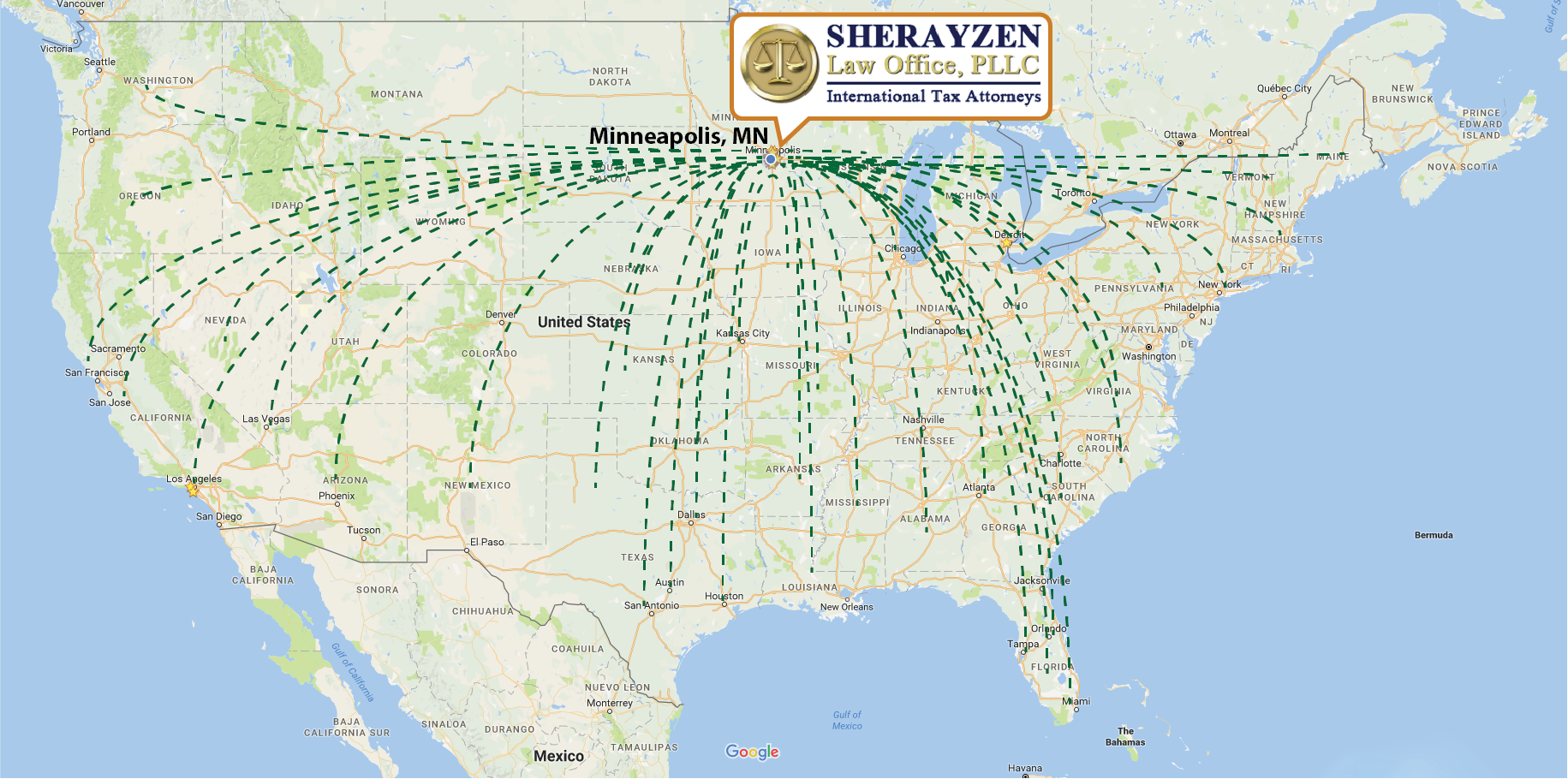US Cryptocurrency Taxation | Cryptocurrency Tax Lawyer & Attorney
Hello and welcome to Sherayzen Law Office video blog. My name is Eugene Sherayzen and I am an international tax attorney and owner of Sherayzen Law Office, Ltd.
Today we are continuing our series of blogs from the Czech Republic and I would like to discuss a very interesting issue. An issue that concerns the growing sector of our economy, indeed a growing sector of world economy: Cryptocurrency.
Today, I would like to discuss how cryptocurrency is taxed from a US perspective. The first and most important thing to understand is that despite its name, cryptocurrency, the IRS would not treat any of the digital currencies as actual currency or money. From the IRS perspective, cryptocurrency is property.
So when you sell cryptocurrency, you generate capital gains. They may be short-term capital gains or long-term capital gains but never-the-less, these will be capital gains. Where do you disclose capital gains? On your US Tax Return, on your Schedule D of Form 1040.
What if you exchange one currency for another? Would this be treated as a reportable event for US Tax Purposes? Yes, absolutely. Barter exchanges are treated as taxable events. So, let’s say you have Bitcoin, and you have Ethereum. Let’s say you decided to exchange 100 Bitcoins for whatever the nominal equivilant number of Ethereum coins. This type of an exchange would be taxable in the United States and reportable in the United States.
An interesting issue arises: what if you were to lose the password to for your for your Bitcoins, for your wallet? Is this a loss or not? Right now we don’t have a clear idea on this issue, but it’s an interesting issue to explore. If we were to take the UK law as a potential guide for how the IRS might address this issue, we would say that, yes as long as you can persuade the IRS that the password has been irrefutably lost, then you can claim a capital loss. What if Bitcoins were stolen from you? That is an interesting issue as well because under the UK law, these Bitcoins are still owned by you, despite being stolen. How would the IRS look at it? Right now, we do not know ; it is too early to say and there hasn’t been sufficient guidance on this point.
If you would like to find out more about how your cryptocurrency will be taxed in the United States and how to properly report it in the United States, you should call me at (952) 500-8159 or you can email me at [email protected]. Thank you for watching, until the next time.



